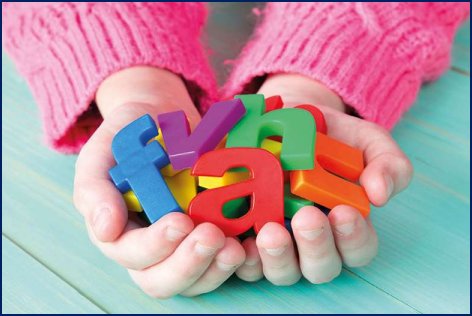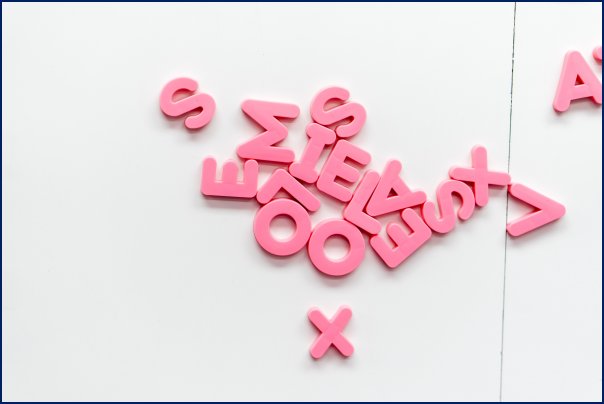
We start teaching phonics in Nursery/Reception and follow the Little Wandle Letters and Sounds Revised progression which ensures children build on their growing knowledge of the alphabetic code, mastering phonics to read and spell as they move through school.
As a result, all our children are able to tackle any unfamiliar words as they read. At The Rydal Academy we also model the application of the alphabetic code through phonics in shared reading and writing, both inside and outside of the phonics lesson and across the curriculum.
We have a strong focus on language development for our children because we know that speaking and listening are crucial skills for reading and writing in all subjects.
Implementation
Foundations for phonics in Nursery
Phase 1
The aim of this phase is to foster children’s speaking and listening skills as preparation for learning to read with phonics.
Parents can play a vital role in helping their children develop these skills by encouraging their children to listen carefully and talk extensively about what they hear, see and do.
Daily phonics lessons in Reception and Year 1
We teach phonics for 30 minutes a day. In Reception, we build from 10-minute lessons, with additional daily oral blending games, to the full-length lesson as quickly as possible. Each Friday, we review the week’s teaching to help children become fluent readers.
Children make a strong start in Reception: teaching begins in Week 2 of the Autumn term.
We follow the Little Wandle Letters and Sounds Revised expectations of progress:
Children in Reception are taught to read and spell words using Phase 2 and 3 GPCs, and words with adjacent consonants (Phase 4) with fluency and accuracy.
Children in Year 1 review Phase 3 and 4 and are taught to read and spell words using Phase 5 GPCs with fluency and accuracy.
At the end of Year 1 your child will complete the phonic Screen test.
Please see this guide for further information about the phonics screening check which all Year 1 pupils take in summer
Daily Keep-up lessons ensure every child learns to read
Any child who needs additional practice has daily Keep-up support, Keep-up lessons match the structure of teaching, and use the same procedures, resources and mantras, but in smaller steps with more repetition, so that every child secures their learning.
We timetable daily phonics lessons for any child in Year 2 or 3 who is not fully fluent at reading or has not passed the Phonics screening check. We use the Little Wandle Letters and Sounds Revised assessments to identify the gaps in their phonic knowledge and teach to these using the Keep-up resources – at pace.
Supporting your child with reading
Although your child will be taught to read at school, you can have a huge impact on their reading journey by continuing their practice at home.
There are two types of reading book that your child may bring home:
An ebook version of your child’s current reading practice book
This book has been carefully matched to your child’s current reading level. If your child is reading it with little help, please don’t worry that it’s too easy – your child needs to develop fluency and confidence in reading. Listen to them read the book. Remember to give them lots of praise – celebrate their success! If they can’t read a word, read it to them. After they have finished, talk about the book together.
Sharing book
In order to encourage your child to become a lifelong reader, it is important that they learn to read for pleasure. The sharing book is a book they have chosen for you to enjoy together.
Please visit this web page to view videos which will tell you more about how we teach phonics and will help support your child at home. https://www.littlewandlelettersandsounds.org.uk/resources/for-parents/



Phonics home learning booklets to download
These phonics booklets have been prepared by our phonics leader to support further practice of phonics at home. Please contact your child’s class teacher if you would like the relevant home learning booklet printing again for your child or if you would like further support with how you can help your child with their phonics learning.
We also highly recommend using our school subscription to Reading Eggs to support children’s phonics learning at home – https://readingeggs.co.uk and also watching relevant videos on the Letters and Sounds You Tube Channel – https://www.youtube.com/channel/UCP_FbjYUP_UtldV2K_-niWw


